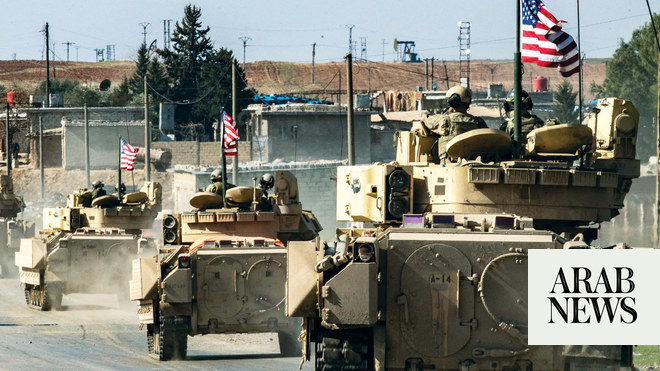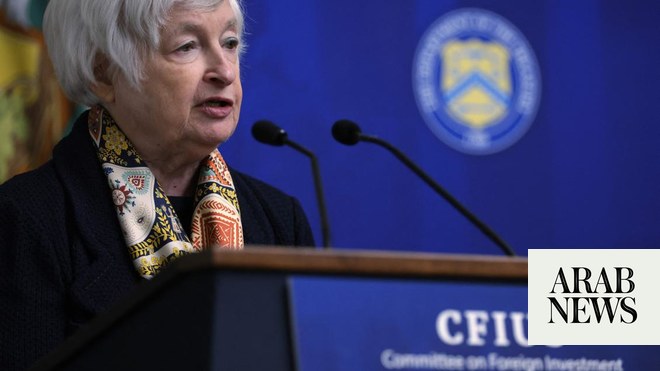
The Arabian Gulf and the broader Middle East have witnessed a continuous escalation of tensions over the past two months, with increasing US and UK military mobilization in the region. This military mobilization and the exchange of fiery accusations, as well as counter-accusations between the US and Iran, have led some experts to forecast the outbreak of conflict, especially after Iran last week downed a US drone it claimed had entered its airspace. The US asserted, however, that the drone was shot down over international waters, constituting the most flagrant and unprecedented aggression against the US in recent years.
Experts believe that, through the Iranian regime’s operations targeting commercial shipping in Gulf waters and the Iran-affiliated Houthi militia’s resumption of attacks on economic and civilian targets inside Saudi Arabia, the leadership in Iran seeks to force the US into a small-scale conflict. The fundamental question is: Why would Iran want to engage in an armed conflict with the US, particularly when it is certain that there is no balance or similarity between their respective military firepower?
There are three possible ways to interpret the Iranian regime’s actions.
First, Tehran believes that the US administration will not engage in an all-out war for countless reasons, the main ones being the massive financial cost, the lack of popular support domestically for any new war after the previous experiences in Iraq and Afghanistan in the first decade of this millennium, and the presidential election in 2020. Any war could negatively affect President Donald Trump’s chances of winning a second term. Therefore, all that the US can do, if it decides to do anything, will be small-scale retaliatory attacks against Iran and its interests in the region.
Second, there is inadequate international support for the US to adopt a firmer position against Iran, even though US officials are working tirelessly to mobilize global efforts to condemn Iran’s belligerent behavior in the region and its targeting of oil tankers in the Gulf. The evidence presented by the US to its European allies indicating the Iranian regime’s involvement in these operations is felt to not be convincing enough for them to support the US in launching a military attack. This weak international position has led to Iran continuing its operations, with its forces taking the utmost care to leave no obvious fingerprints at the scene of its crimes. Therefore, from the viewpoint of the international community, the existing evidence is insufficient to rally support for the US to carry out an all-out military action against Tehran.
Third, Iran has concluded that the US has no genuine wish to change the Wilayat Al-Faqih (Guardianship of the Islamic Jurist) regime ruling the country, and is certain that any US military response, whether it is carried out individually by the US or with the participation of several regional parties, will ultimately be in the regime’s favor. Any such action might bolster the regime’s popularity at home and abroad despite any damage caused to the country’s infrastructure. The most important concern for the leaders in Tehran is self-preservation, namely ensuring that any war does not lead to the downfall of the ruling regime.
From my own viewpoint, the third scenario is the most likely, even if the other scenarios are also plausible and supported by many other indications. If Iran wants this scenario to play out, all the US can do is to avoid falling into the regime’s trap and being used unwillingly to achieve its objective.
The existing evidence is insufficient to rally support for the US to carry out an all-out military action against Tehran.
Dr. Mohammed Al-Sulami
This means that we have only two options: The first is to step up our work to strengthen our means of protection, to increase naval patrols in international waters to protect vessels there against any new attacks, to contain Iran’s belligerent actions temporarily, and to ensure that US sanctions are strengthened and intensified. Also, that the sanctions target new sectors in the Iranian economy with the aim of uprooting the regime’s sources of funding and increasing widespread anger against the regime domestically.
The second option is to wage an attack beyond the Iranian regime’s expectation through a pre-emptive military operation against its key facilities, bases, military airports, radars, airstrips, and its military operations rooms. Such an attack would paralyze all the Iranian regime’s military capabilities and ensure that it could not retaliate with its full might. Such a move, while dangerous, would exhaust and paralyze the regime militarily, leading it to completely surrender to the international community’s will. Also, it would encourage the Iranian people to rise up against the regime’s remaining apparatuses and topple it completely.
Any unsatisfactory middle ground between the two options would be in the regime’s favor, leading it to direct its proxy militias to carry out retaliatory attacks across the region and to increase attacks targeting international shipping vessels, causing a spike in energy prices and an increase in insurance costs for oil tankers.











